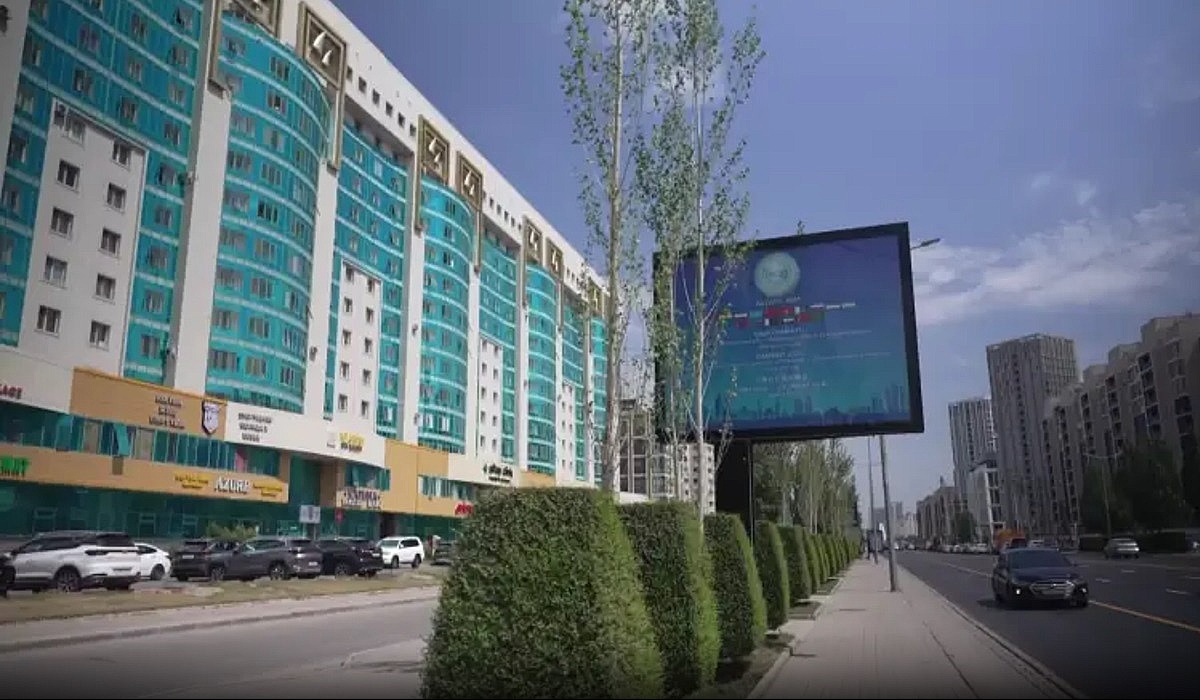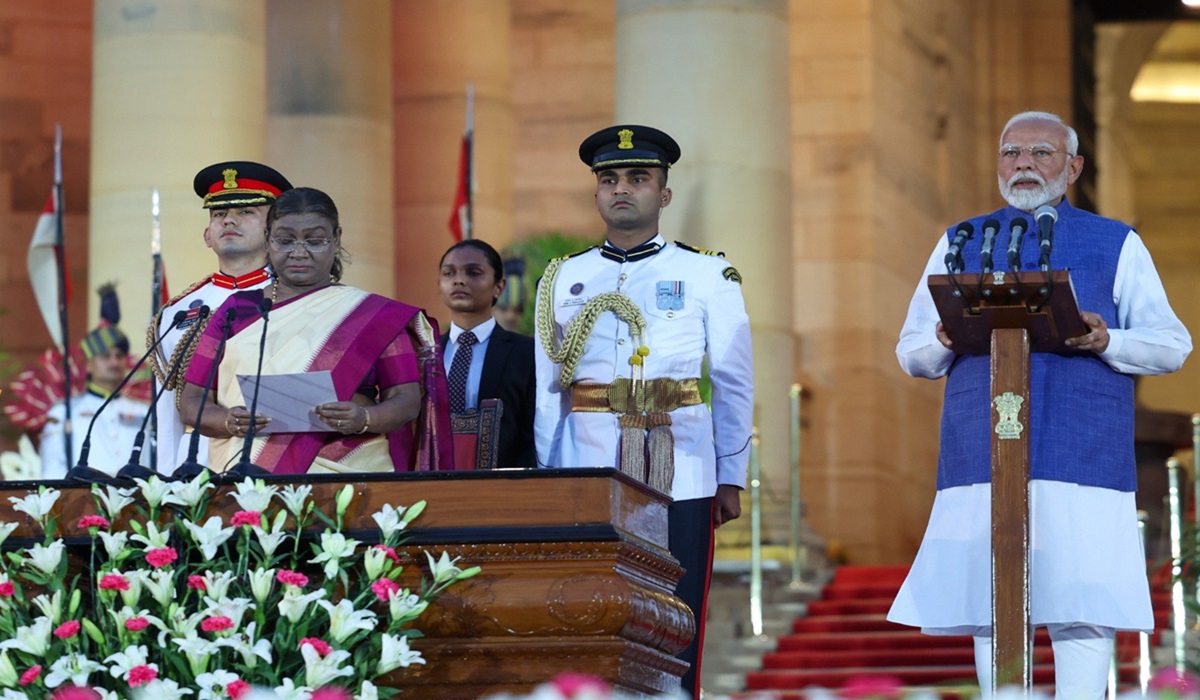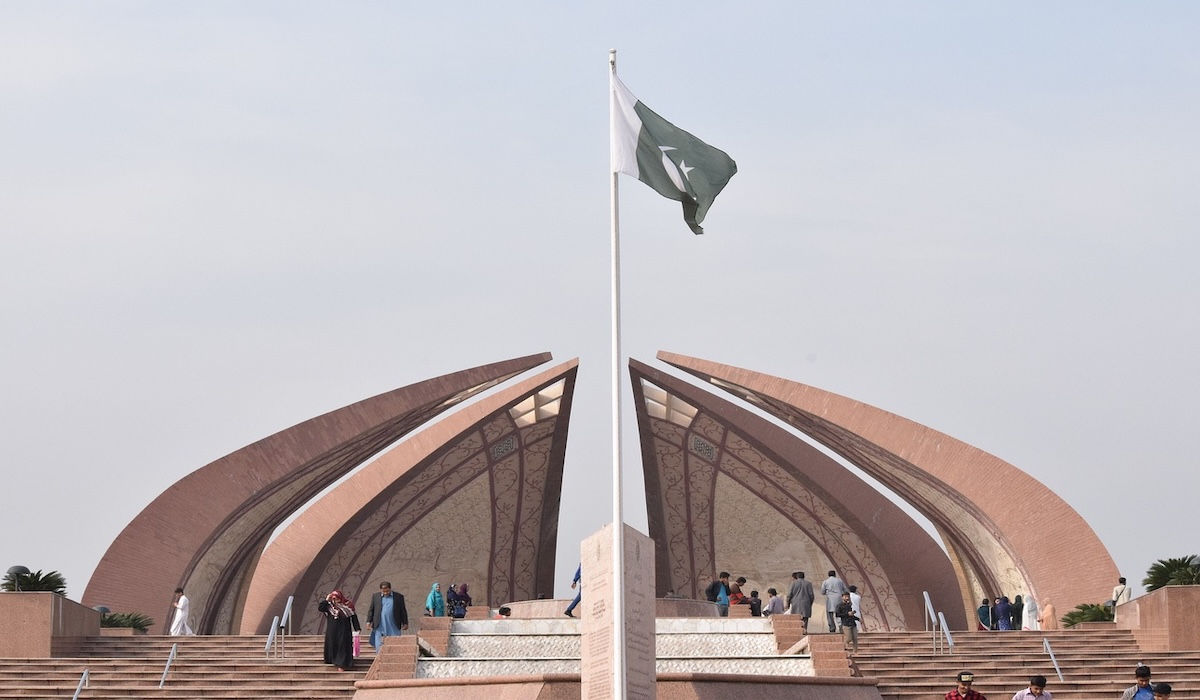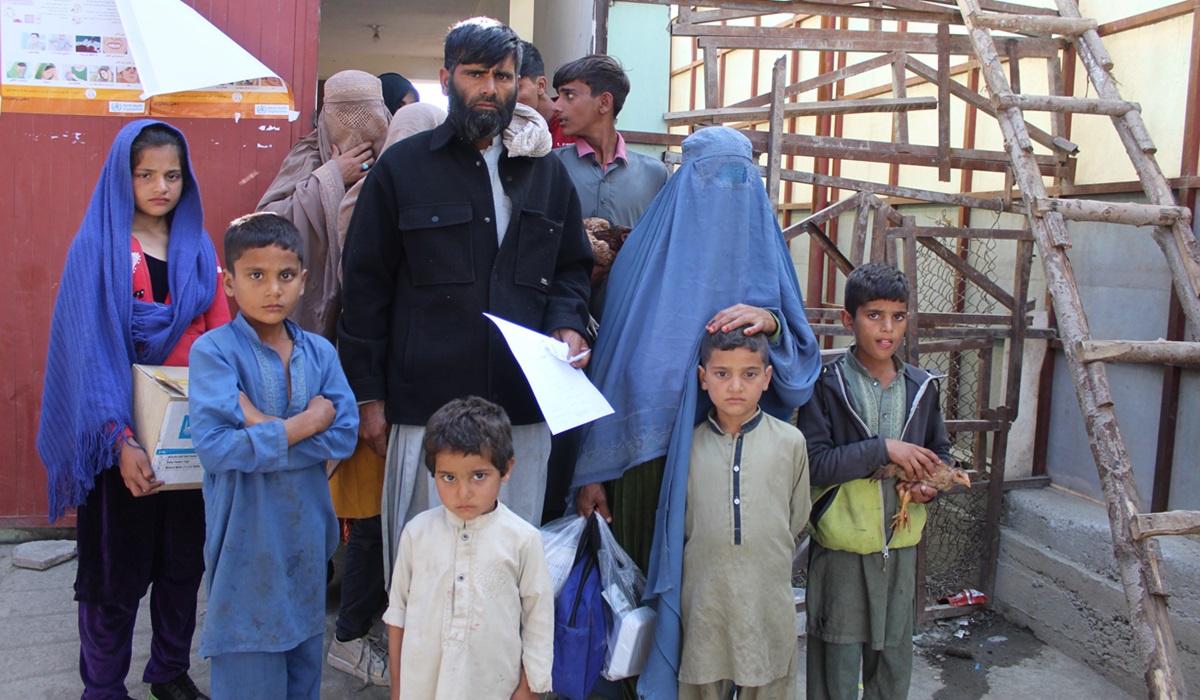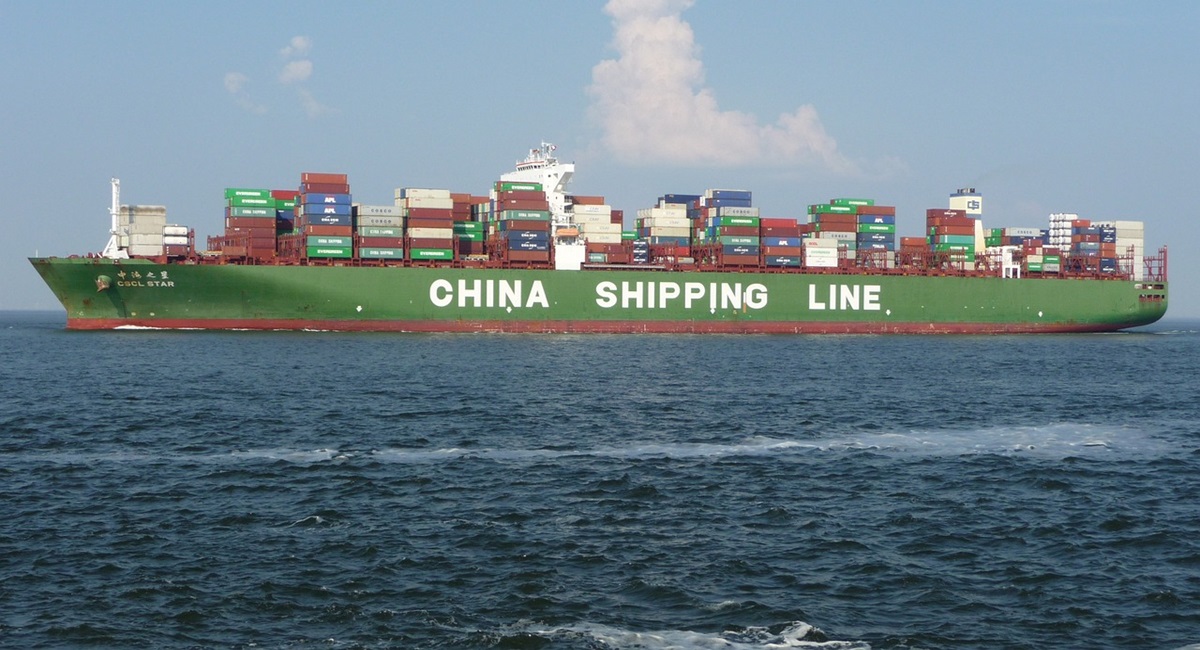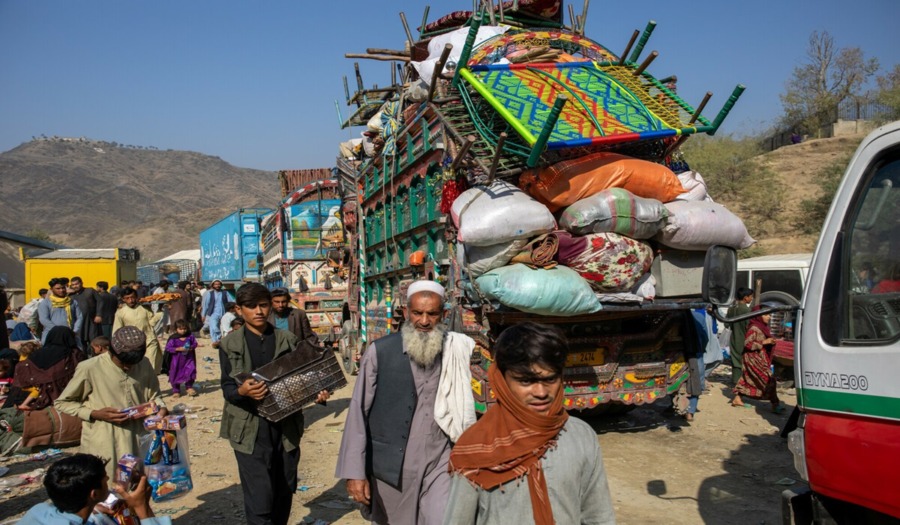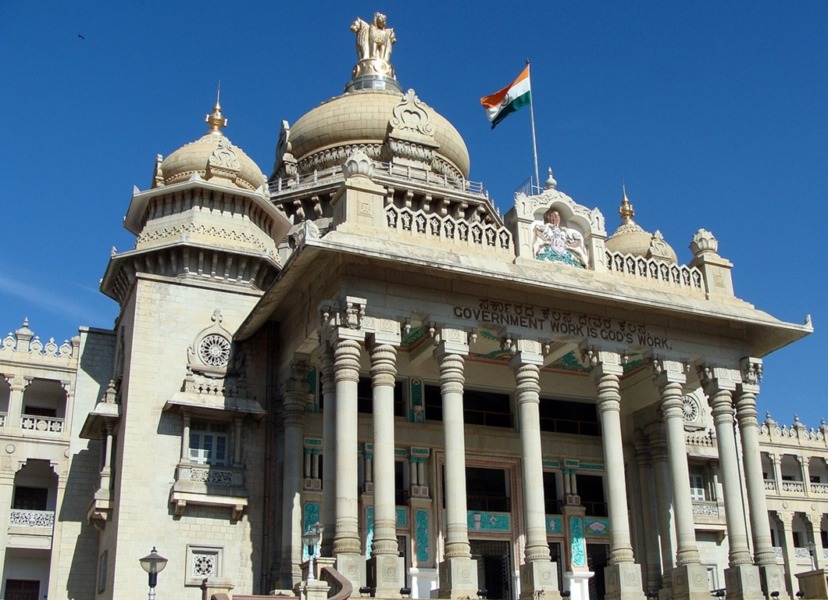Forging Future Unity: The Imperative for Political Collaboration in Pakistan
- Naveed Aman Khan
- Pinpoint
- South Asia
- November 16, 2023
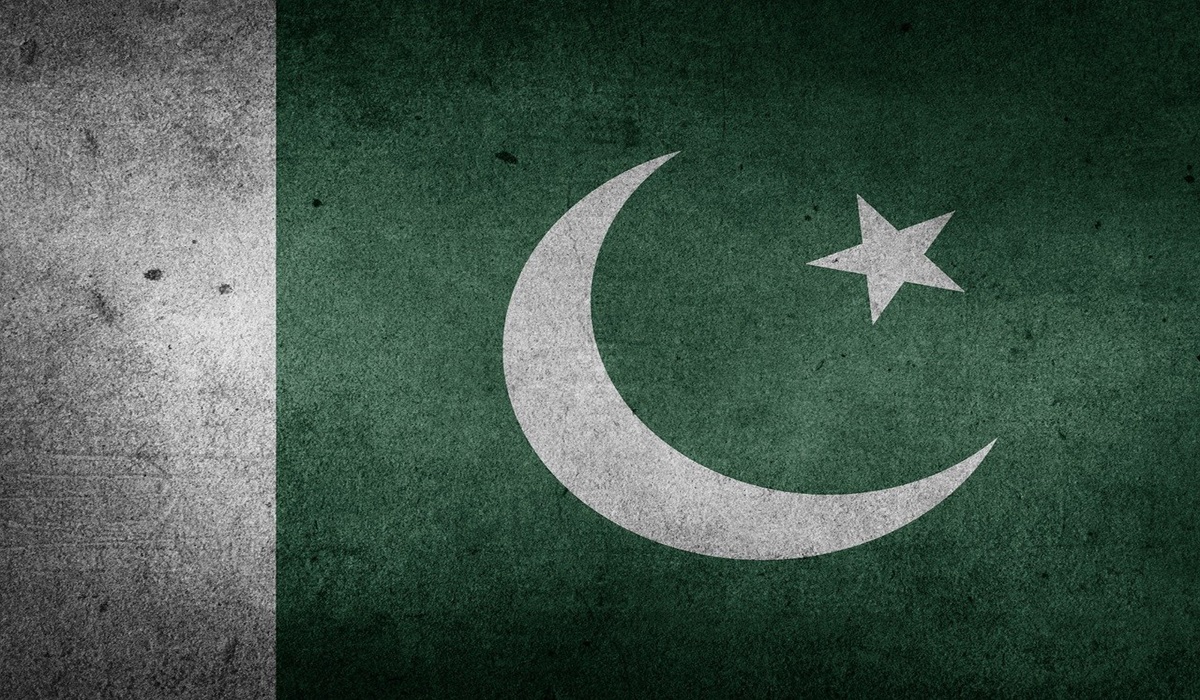
Former Pakistani Prime Minister and PMLN Supremo Nawaz Sharif has gained the confidence of the leaders of the National Party (NP), Jamiat Ulema-e-Islam (JUI), Pashtoonkhwa Milli Awami Party (PKMAP) and the Balochistan Awami Party (BAP) including its former Chief Minister Jam Kamal Khan. He, however, has a significant road ahead of the February 8, 2024, general elections if he wants to form the government.
Bilawal Bhutto Zardari, the Chairman of the PPP, has suggested to the PML-N leader to shift his attention towards Lahore rather than Balochistan. Various prominent political parties actively vied for influence in Balochistan, aiming to secure support. Despite the fierce competition, the PML-N has effectively forged alliances and garnered the collaboration of influential figures in the province. Following the 2013 general elections, the PML-N, as the former ruling party, strategically enlisted key electives from Balochistan, ultimately establishing itself as the predominant parliamentary force in the region.
In the approaching general elections, the PML-N is poised to gain substantial support through its collaborations with JUI-F, NP, PKMAP, and BAP. The nationalist parties, NP and PKMAP, which had previously formed alliances with the PML-N following the 2013 elections, strengthened their affiliation during Dr. Abdul Malik Baloch’s term as the Chief Minister of Balochistan.
Significant figures from the former ruling party BAP, including Sardar Abdul Rehman Khetran, Muhammad Khan Lehri, Mir Ghafoor Lehri, Noor Muhammad Dumar, Toor Uthmankhail, Sardar Masood Luni, Sardar Fateh Muhammad Hassani, Mir Mujeeb ur Rehman Muhammad Hassani, Saleem Khan Khoso, Mir Shoaib Nowsherwani, Dostain Khan Domki, Rameen Muhammad Hassani and others, announced their support for the PML-N.
Despite having a majority in the house, the PML-N appointed Dr Baloch as the Chief minister of Balochistan. However, Nawab Sanaullah Zehri was elected as the CM for the remaining period. Later, Zehri was removed through a no-confidence vote by Mir Quddus Bizenjo and the BAP was established, inflicting severe harm to the PML-N. No Balochistan National Party (Mengal) delegation called on the former premier. These meetings clearly indicate party positions in the upcoming general elections in Balochistan.
Nawaz Sharif lauded the completion of the 650-kilometre road from Gwadar to Quetta, significantly reducing travel time from two days to a mere eight hours. Nawaz Sharif, expressing his dedication to Balochistan’s progress, emphasized that the development of this province has always been dear to PMLN. He highlighted ongoing infrastructure initiatives, such as the extensive road network spanning thousands of kilometres, to alleviate poverty and backwardness in the region.
He highlighted the ongoing efforts to enhance the York-Sago Zhob Highway, connecting it with N-50. He also highlighted details of various road projects, including those from Basima to Khuzdar and Kharan, and the collaboration with Japan for the Rakhi Gaj to Bewata road, linking northern Balochistan with south Punjab. If the work continues, the delayed Kalat, Quetta, Chaman, Khuzdar, and Karachi Dorvia (N-25) project will be completed within two to three years.
Sharif also acknowledged the sacrifices made during the road’s construction, with more than 40 people killed in development works. He also reminisced about the foundation laying of key roads connecting southern Balochistan with Sindh in 1998 – 99. He credited his government for initiating projects like Hakla and DI Khan Road, which experienced a four-year stall before being resumed by former PM Shehbaz Sharif.
In addition, he praised the educational advancements, with thousands of students from Balochistan and former tribal areas receiving scholarships and the establishment of university campuses in various cities. Despite acknowledging the challenges, he reiterated his commitment to unity and inclusivity, pledging to strengthen relationships and cooperate with all stakeholders for the betterment of the region.
The former prime minister drew attention to his government’s role in constructing the coastal highway in 1998 – 99 and the Gilgit-Skardu highway, completed for Rs62 billion. He also asserted that the development journey initiated during his tenure was unfortunately interrupted after his removal. Touching upon broader achievements, the PML-N supremo claimed the successful elimination of terrorism, eradication of load-shedding, and the initiation of over 400 small dams in Balochistan.
Before PML-N leader Nawaz Sharif returned, Asif Ali Zardari, the Co-Chairman of PPP and former President, tried to establish a working relationship with the influential establishment, but his endeavours proved unsuccessful. Zardari wrote a letter to Abdul Qaddoos Bazinjo to outmaneuver the Balochistan Awami Party (BAP), but attempts to reach mutual understanding fell short. In response to Zardari’s letter, Bazinjo declined to collaborate with the PPP leadership, setting the stage for another intriguing chapter in the country’s political landscape.
To enhance future political collaboration, all political parties must come together. In the interest of the country and its people, political leaders must set aside their differences, build consensus, and progress unitedly. Pakistan is confronted with significant challenges, and addressing them requires the collective wisdom of all stakeholders. Drawing lessons from the experiences of Bangladesh, Iran, and China is enlightening, as these nations have effectively navigated and resolved their respective issues.
The writer is an anchor, editor, book ambassador, political analyst and author of several books based in Islamabad. He can be reached at naveedamankhan@hotmail.com
and tweets@AmanNaveed11

